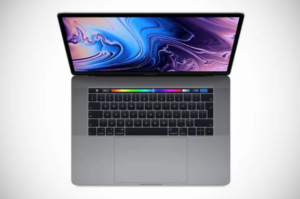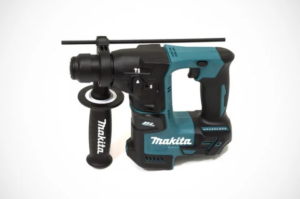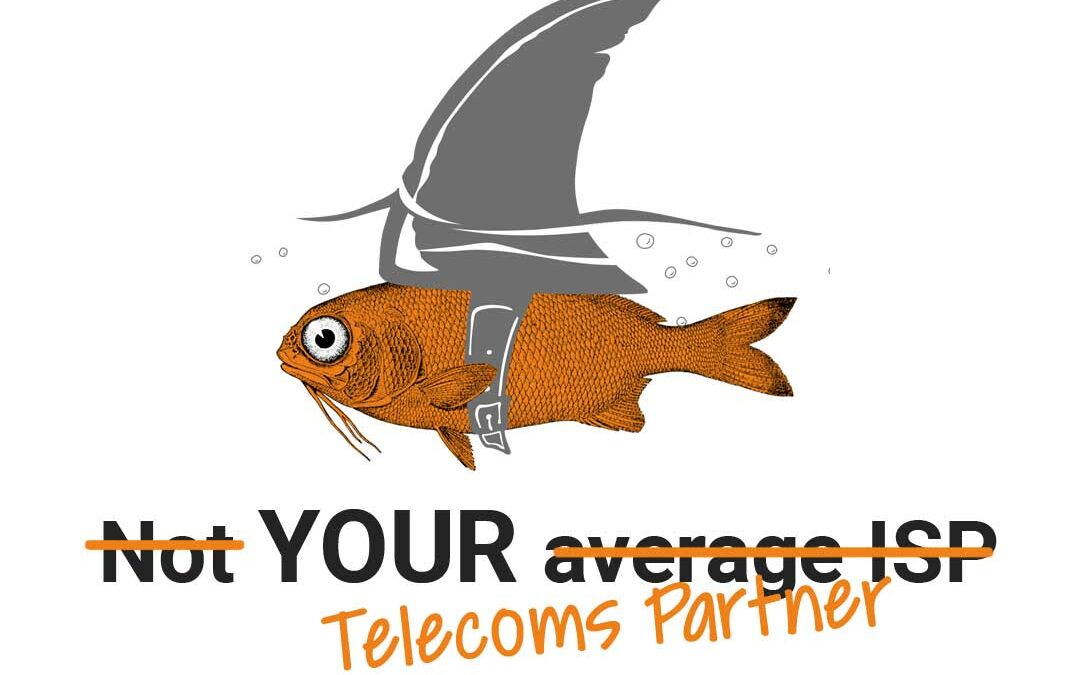MyBroadband
Starting and funding Fixed Mobile Telecoms
In 2003 the same team changed the perception about the industry and introduced a fresh way of thinking and a whole other level of service in the corporate ISP market with the company called Ensync Network Solutions, competing against the large service providers of its day.
But it was in 2009 when they turned all the rules upside down and changed the way in which smaller ISPs procured open access networks for the first time through AfricaINX – the industry’s big break, according to Du Plessis.
“After growing a handful of businesses and becoming part of a large listed ICT entity and whilst seeing major success, we came to a point in 2017 where we felt that the industry started to lack innovation,” said Du Plessis. “Things started to revolve mainly around financial growth as opposed to growth with strategic direction.”
According to Du Plessis despite the massive shift in the way that service providers do business, as a result of changing technologies, most service providers have run out of fresh ideas for how to deal with their very demanding and millennial evolved client base.
“As innovation went out the window, we decided we needed to do something new and create a platform where innovation can flourish, which is why we decided to form Fixed Mobile Telecoms,” said Du Plessis.
Most telcos follow a one-size fits all approach. They offer one solution that must suit every client, while clients in fact have very different needs.
This means that the client, must often adapt their strategies to fit those products, instead of the telco tailoring their products to suit each company using their services.
Today’s users demand connectivity on the fly. They want the capability to work from anywhere.
Things must happen in real time and you have to be able to do it from a coffee shop. However, many businesses don’t support a real time mindset and are blinded by possible security threats and challenges.
According to Strategy Analytics’ most recent Global Mobile Workforce Forecast update, the global mobile workforce is set to increase from 1.52 billion in 2017, accounting for 39.3% of the global workforce, to 1.88 billion in 2023, accounting for 43.3% of the global workforce.
According to Du Plessis, this is the biggest challenge for the ISP market. The mobile workforce is a growing reality, but there aren’t enough secure mobile solutions to cater for it.
Fixed Mobile Telecoms believes there’s a gap in the market in terms of the user experience for medium to large corporates and it has the solution to fill this gap.
The influencer not easily influenced
“We’ve embraced SD-WAN more than 10 years ago already – before it was called SD-WAN and even had a name,” said Du Plessis. “Today it has a name, and although it’s an interesting concept we believe people choose and use it mainly because network providers don’t have other options.”
According to Du Plessis, the reason for this is that there is this mindset that the cost of MPLS is expensive, while the cost of broadband is inexpensive.
“This (SD-WAN) is the biggest trend that we’re seeing in the ISP market, which we’ve decided not to follow, simply because we’ve been there, we’ve done it, and we believe that it’s not necessarily the answer.”
“We believe SD-WAN has its place and we have a product set in that space, but our main objective is to combine all the benefits you get out of SD-WAN into the network at its core level,” said Du Plessis.
Du Plessis added that Fixed Mobile Telecoms has broken the ISP mould with a LEGO-type modular Model, which allows them to build completely different and customised solutions for each client based on the same underlying standardised network and practices.
“Fixed Mobile Telecoms gives clients what a they really want, which is a quality service, that delivers a quality product, comes with an SLA, and gives you guarantees, all at a price point which is in line with the market,” said Du Plessis
Clients want availability, they want what they actually bought, they want support when it’s broken, and they want it to be attached to an SLA – which is exactly what Fixed Mobile Telecoms offers.
The Fixed Mobile Client promise
According to Du Plessis, what has set Fixed Mobile Telecoms apart and has also contributed to its success are the following four factors:
1. Team
“We have a hand-picked team of industry experts who’ve worked together for many years. It just makes it easier as we’re a like-minded team who understands and trusts one another and are trusted by our clients.”
2. Company culture
“Fixed Mobile Telecoms are culture fanatics. Getting along and listening to what the end users wants is the most important thing to us. No counterproductive influences are tolerated.”
3. Client
“Where in the retail space location is probably the most important thing, for Fixed Mobile Telecoms as a telecoms company, it’s all about the client.“
“We exist to solve for our clients! We are literally obsessed with the success of our clients, and we get excited about solving our clients’ specific needs,” said Du Plessis. “Our technology and solutions are driven by our clients’. We listen, focus on, and take great pleasure in finding solutions that work for them.”
4. Product expertise
“Finally, we understand our product and we understand this industry well,” said Du Plessis.
“But most of all, everything we do starts and ends with our client! That’s why we constantly challenge the status quo, and continue to succeed.”
“If you have a service with us, you bought into our vision, our promise. We deliver what you want, your way. The whole team has the same vision, they’re in it for the long run, and they go out to solve, not to sell,” said Du Plessis.
To find out more about Fixed Mobile Telecoms service offering, visit their website: https://fixedmobile.com
Eduard Du Plessis’s tech and business choices
MyBroadband asked Fixed Mobile Telecoms CEO Eduard Du Plessis about his tech and business choices.
What was your first ever business?
An IT company called Abacus Micro Systems.
What was your first job and what was your salary?
I worked for Iscor Vanderbijlpark as a Mechanical engineer and earned R4,500 per month. I also built and sold computers out of my dining room at that time.
How did you get into the tech field?
As an engineer, I worked in CAD (Computer Aided Design) and CAM (Computer Aided Manufacturing). I always needed the best and fastest computer I could lay my hands on.
What laptop do you currently use?
Apple MacBook Pro touch bar.

What smartphone do you currently use
Apple iPhone XR.
What is the best gadget you have ever bought?
A Cordless Makita SDS Drill.

What is the worst gadget you have ever bought?
DStv Decoder – it was a time waster.
What was your best ever investment?
Fixed Mobile Telecoms.
What was your worst ever investment?
Rare and exotic wildlife.
What is the best business advice you have ever received?
The best advice I’ve ever received and faithfully applied in my life is to always make a decision and always follow-through. A decision creates action and provides direction. You can always change direction if need to, but nothing beats action. To do anything, start with a definitive decision – it’s the only way things get done.
Source:

